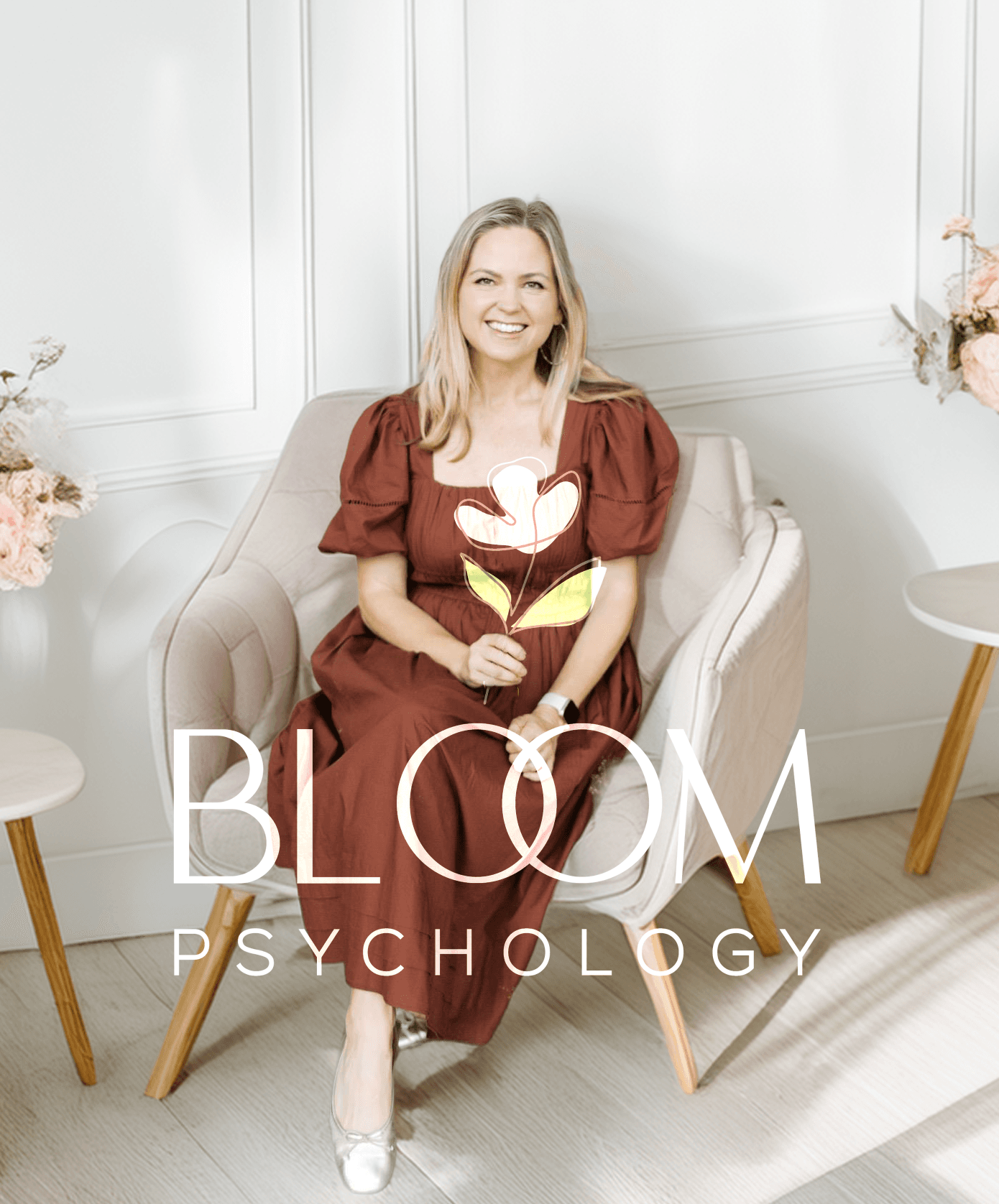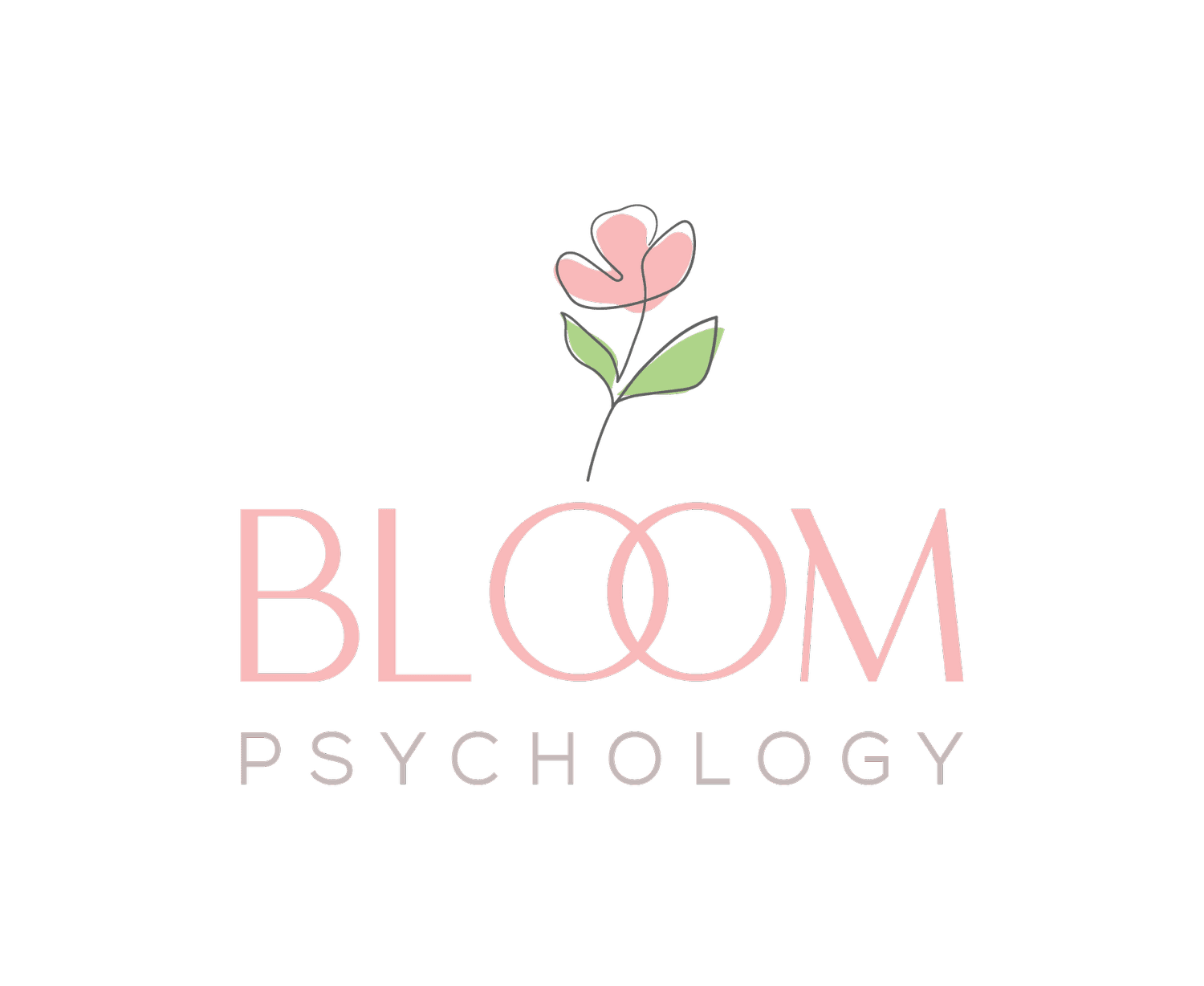Listen to this article
Narrated by Dr. Jana Rundle• 6.7 MB
Keyboard shortcuts: Space or K to play/pause • ← → to seek ±5s
You've just Googled "postpartum depression treatment" at 3 AM while feeding your baby, tears streaming down your face. You know you need help, but you're overwhelmed by information about therapy, medication, support groups, and alternative treatments. What actually works? What's safe while breastfeeding? Where do you even start?
"Postpartum depression is one of the most treatable mental health conditions."
The good news: Postpartum depression is one of the most treatable mental health conditions. The challenge: Understanding your treatment options so you can make informed decisions about your care.
After 15 years treating postpartum depression in Austin and helping hundreds of mothers recover, I've seen what works—and what doesn't. This comprehensive guide breaks down every evidence-based treatment option available in Austin, from therapy approaches to medication to support resources, so you can create the recovery plan that's right for you.
Understanding Your Treatment Options
Postpartum depression treatment isn't one-size-fits-all. Effective care often combines multiple approaches tailored to your specific symptoms, situation, and preferences.
The Three Pillars of PPD Treatment
The Three Pillars of Treatment:1. Psychotherapy (Talk Therapy) - Evidence-based approaches proven effective for PPD • First-line treatment for mild to moderate PPD • Can be used alone or with medication • Teaches coping skills you'll use long-term 2. Medication - Antidepressants safe during breastfeeding • Often recommended for moderate to severe PPD • Combined with therapy for best results • Usually needed for 6-12 months minimum 3. Support and Lifestyle - Support groups (in-person and virtual) • Partner/family education • Sleep strategies • Community resources • Practical help with infant care
Most effective approach: Combination of therapy + support, with medication if needed
Evidence-Based Therapy Options in Austin
Let's start with therapy—often the foundation of PPD treatment and effective on its own for many mothers.
Cognitive Behavioral Therapy (CBT) for Postpartum Depression
What it is:
CBT helps you identify and change negative thought patterns and behaviors that contribute to depression.
How it works for PPD:
Identifying depressive thought patterns specific to new motherhood
Challenging beliefs like "I'm a terrible mother" or "I should be happy"
Behavioral activation: doing enjoyable activities even when depressed
Problem-solving for real postpartum challenges
Sleep and self-care strategies adapted for infant care
Research shows: CBT is as effective as antidepressants for mild-moderate PPD • Benefits last beyond treatment (you learn skills to use forever) • Can prevent future depressive episodes
Timeline:
Weekly sessions initially (usually 12-16 sessions)
Many mothers notice improvement within 3-4 weeks
Significant relief typically by 8-12 weeks
Best for:
Mild to moderate postpartum depression
Those who prefer non-medication treatment
Mothers who want practical coping tools
When negative thinking patterns are prominent
Where to find CBT in Austin:
Psychologists and LPCs trained in CBT
Look for therapists with PMH-C certification who specialize in postpartum care
Dr. Jana Rundle at Bloom Psychology offers CBT adapted specifically for PPD
Interpersonal Therapy (IPT)
What it is:
IPT focuses on relationships and life transitions, which makes it particularly relevant for new motherhood.
How it works for PPD:
Processing the role transition from woman/professional to mother
Addressing relationship changes with partner
Grieving loss of pre-baby identity and lifestyle
Improving communication in relationships
Building new support systems
Research shows: IPT is equally effective as CBT for postpartum depression • Particularly helpful when relationship issues are prominent • Can improve partner relationship alongside depression
Best for:
Mothers struggling with identity loss
Relationship strain with partner
Feeling isolated or unsupported
Loss of previous life/career
When life transition is a major stressor
EMDR for Birth Trauma
What it is:
Eye Movement Desensitization and Reprocessing processes traumatic memories to reduce their emotional impact.
When it's needed:
If your PPD includes birth trauma or PTSD symptoms:
Flashbacks to difficult birth
Nightmares about birth experience
Avoiding thinking/talking about birth
Feeling emotionally numb or detached
Hypervigilance or easily startled
Research shows: EMDR is gold standard for PTSD treatment • Often faster than traditional talk therapy for trauma • Can significantly reduce birth trauma symptoms
Best for:
PPD caused or worsened by traumatic birth
C-section trauma, unexpected interventions
NICU experiences
Pregnancy loss followed by anxiety in subsequent pregnancy
Exposure and Response Prevention (ERP) for Intrusive Thoughts
What it is:
ERP is the gold-standard treatment for OCD, including postpartum OCD with intrusive thoughts.
When it's needed:
If you have intrusive thoughts about:
Harming your baby (dropping, shaking, sexual thoughts)
Baby getting hurt by household items
Excessive worry about baby's health leading to checking behaviors
Compulsive mental rituals to prevent feared outcomes
How it works:
Gradual exposure to feared thoughts/situations
Learning to tolerate anxiety without performing compulsions
Discovering feared outcomes don't happen
Reducing power of intrusive thoughts
Important: Only do ERP with therapist trained in postpartum OCD. General anxiety therapy can make intrusive thoughts worse.
Best for:
Intrusive thoughts about harm
Excessive checking behaviors
Hypervigilance about baby's safety
Postpartum OCD diagnosis
💊 Medication Options for Postpartum Depression
Let's address common concerns about medication while pregnant or breastfeeding.
When Medication is Recommended
Your doctor might recommend antidepressants if:
Moderate to severe depression
Symptoms significantly interfere with baby care
Previous positive response to medication
Suicide risk present
Not improving with therapy alone after 6-8 weeks
Personal preference to try medication
Common concerns:
"Will medication hurt my baby while breastfeeding?"
"Do I have to stop breastfeeding?"
"Will I need medication forever?"
Let's address each.
SSRIs: First-Line Medication for PPD
Most commonly prescribed: Sertraline (Zoloft)
Most studied for breastfeeding safety
Minimal infant exposure through breastmilk
Effective for both depression and anxiety
Usually well-tolerated
Fluoxetine (Prozac)
Long track record of safety
Good for depression with anxiety
Longer half-life (stays in system longer)
Escitalopram (Lexapro)
Effective for depression and anxiety
Generally well-tolerated
Low infant exposure in breastmilk
Safety During Breastfeeding
The research is clear: SSRIs transfer into breastmilk in very small amounts • Multiple studies show no adverse effects on infant development • Benefits of treating maternal depression typically outweigh small theoretical risks • Many reproductive psychiatrists recommend continuing breastfeeding while on medication
Infant monitoring:
Pediatrician can monitor baby if you have concerns
Watch for changes in sleep, feeding, or behavior (rare)
Most babies show no effects
Other Medication Options
SNRIs (Serotonin-Norepinephrine Reuptake Inhibitors)
Venlafaxine (Effexor)
Duloxetine (Cymbalta)
Used if SSRIs not effective
Bupropion (Wellbutrin)
Different mechanism than SSRIs
Good for depression with low energy
Doesn't cause sexual side effects (common SSRI concern)
Atypical Antipsychotics (for severe cases)
Sometimes added to antidepressant
For treatment-resistant depression
Prescribed by psychiatrist
Working with a Reproductive Psychiatrist in Austin
Why see a specialist:
Expertise in medication safety during pregnancy/breastfeeding
Understanding of hormonal impacts on mental health
Can coordinate with OB/GYN
Monitors mother and infant
Timeline for medication: Usually takes 2-4 weeks to notice improvement • Full effect often 6-8 weeks • Typically continued 6-12 months minimum • Gradual tapering when stopping (never stop suddenly)
Zuranolone (Zurzuvae): The New PPD-Specific Medication
FDA-approved in 2023 specifically for PPD: First medication approved specifically for postpartum depression • Rapid onset (works within days instead of weeks) • 14-day treatment course • Taken orally
How it works:
Modulates brain receptors affected by hormonal changes
Designed to address neurological aspects of PPD
Considerations:
Very expensive (though insurance may cover)
Not studied extensively during breastfeeding yet
Short treatment duration appeals to some mothers
🤗 Support Groups and Community Resources in Austin
Professional treatment works best with community support. Here are Austin-specific resources:
In-Person Support Groups
Partners in Parenting in Austin
Different groups located around central Texas
Led by trained facilitators
Co-ed
Professional facilitation
In-person and virtual options available
Professional facilitation
In-person in Cedar Park
Virtual Support Options
PSI Online Support Groups
Multiple weekly meetings
Specific groups: PPD, anxiety, loss, fathers
From your home (no childcare needed)
Free
Bloom Psychology Virtual Groups (check availability)
Therapist-led groups
Focused on specific topics
Partner and Family Support
Partners Program
PSI offers support specifically for partners
Understanding how to support someone with PPD
Partners' own mental health
Family Education
Help your family understand PPD
Reduce stigma and judgment
Improve support at home
Alternative and Complementary Treatments
These approaches can complement (not replace) therapy and medication:
Exercise
Research shows: Moderate exercise can reduce PPD symptoms • Walking 30 minutes 3x/week shows benefits • Group exercise adds social support • Outdoor exercise especially helpful
Austin resources:
Stroller fitness classes
Mom & baby yoga
Postpartum exercise groups
Important: Start slowly, get medical clearance, don't push through exhaustion
Nutrition
Helpful for PPD:
Omega-3 fatty acids (fish oil supplements)
Adequate protein intake
Regular meals (even when not hungry)
Limiting caffeine if anxious
Not a replacement for treatment but supportive
Sleep Support
Critical for recovery:
Sleep deprivation worsens all PPD symptoms
Even small improvements help
Strategies:
Partner takes one night feeding
Sleep when baby sleeps (actually try it)
"Sleep shifts" with partner
Temporary formula supplementation for sleep if desired
Night doula (if affordable)
Austin resources:
Sleep consultants specializing in newborns
Night doula services
Lactation consultants (if breastfeeding impacts sleep)
Acupuncture and Massage
Some evidence for:
Acupuncture reducing depression symptoms
Massage reducing stress and anxiety
Benefits:
Self-care and relaxation
Safe during breastfeeding
Complementary to other treatments
Creating Your Treatment Plan
How do you decide which treatments are right for you?
Mild Postpartum Depression
Symptoms:
Functioning but struggling
Can care for baby's basic needs
Periods of feeling better
No suicide risk
Recommended: Start with therapy (CBT or IPT) • Join support group • Improve sleep (partner help) • Regular exercise • Consider medication if not improving in 6-8 weeks
Moderate Postpartum Depression
Symptoms:
Difficulty functioning daily
Struggling to care for baby
Frequent crying, low mood
Significant anxiety
Recommended: Therapy (CBT or IPT) weekly • Consider medication from start • Support group • Partner/family involvement • Practical help with baby care
Severe Postpartum Depression
Symptoms:
Can't care for self or baby
Suicidal thoughts
Thoughts of harming baby
Severe impairment
Recommended: Immediate psychiatric evaluation • Medication usually necessary • Intensive therapy • May need partial hospitalization • 24/7 support at home • Regular safety monitoring
Crisis resources: 988 Suicide and Crisis Lifeline • PSI Helpline: 1-800-944-4773 • Local emergency room
Postpartum Depression + Anxiety
Very common combination requires:
Therapy addressing both
Medication that treats both (SSRIs work for both)
Anxiety-specific interventions
Support group
Postpartum Depression + Intrusive Thoughts
Specific needs:
ERP therapy with trained specialist
SSRI medication (can help OCD)
Education about intrusive thoughts
Family education (partner understanding)
Birth Trauma + PPD
Treatment plan:
EMDR for trauma processing
CBT for depression
Possible medication
Processing birth experience with therapist
What Recovery Looks Like (And How Long It Takes)
Realistic timeline with treatment: Weeks 1-2:
Starting therapy, possibly medication
Learning about PPD
Building support
May not feel better yet
Weeks 3-4:
Small improvements (sleeping slightly better, less crying)
If on medication, starting to notice effects
Therapy providing some relief
Still hard, but hopeful
Weeks 6-8:
Noticeable improvement
More good days than bad days
Bonding with baby improving
Functioning better daily
Medication at full effect
Weeks 10-12:
Significant relief
Feel more like yourself
Can enjoy baby and motherhood
Still using coping skills from therapy
Months 4-6:
Continued improvement
May reduce therapy frequency
Maintenance phase
Relapse prevention planning
"Recovery doesn't mean perfect or always happy—it means you can handle normal stress of parenthood and enjoy life again."
What "recovered" means:
Doesn't mean perfect or always happy
Can handle normal stress of parenthood
Bonding with baby
Feeling like yourself
Able to enjoy life again
Cost and Insurance in Austin
Therapy costs:
In-network: $20-60 copay
Out-of-network: $150-250/session (may get 60-80% reimbursed)
Group therapy: Often lower cost
Medication costs:
With insurance: Usually low copay
Generic SSRIs: $10-30/month
Brand names: Higher but insurance often covers
Insurance coverage:
Most major insurance covers PPD treatment
Mental health parity law requires equal coverage
Verify your benefits before starting
If cost is barrier:
Sliding scale therapists
Community mental health centers
Employee Assistance Program (free sessions)
Free support groups
Where to Start: Your Action Plan
This week: Step 1: Call Your OB/GYN (Day 1)
Describe symptoms
Ask for PPD screening
Get referrals for therapists/psychiatrists
Rule out thyroid issues (can mimic PPD)
Step 2: Find a Therapist (Days 1-3)
Search PSI directory for Austin therapists
Check your insurance for in-network providers
Call top 3 choices for consultations
Book first appointment
Step 3: Build Support (Days 3-5)
Tell partner/family what you need
Join virtual support group this week
Accept help with baby/meals/housework
Reduce expectations of yourself
Step 4: First Therapy Session (Within 2 weeks)
Comprehensive assessment
Treatment plan discussion
Decide on medication consultation
Schedule weekly sessions
Step 5: Create Safety Plan (if needed)
Crisis contacts
Who to call if symptoms worsen
Self-care basics
Support people aware of your struggles
Meet Dr. Jana Rundle: Austin's PPD Treatment Specialist
When you're ready to start treatment for postpartum depression in Austin, Dr. Jana Rundle offers comprehensive, evidence-based care.
Why Mothers Choose Bloom Psychology
Specialized Expertise:
PsyD in Clinical Psychology
15+ years in practice
PMH-C certification
Expert in all evidence-based PPD treatments
Comprehensive Treatment Options:
CBT adapted for postpartum depression
IPT for role transition and relationships
ERP and I-CBT for intrusive thoughts
Collaboration with reproductive psychiatrists
Flexible, Accessible Care:
Virtual therapy throughout Texas
In-person in Austin
Baby-friendly sessions
Real Understanding:
Knows the reality of new motherhood
Non-judgmental about feeding, sleep, parenting choices
Practical strategies that actually work
Treating the whole person, not just symptoms
Start Your Recovery Today
"Postpartum depression is highly treatable. You don't have to suffer through this alone."
Ready to start treatment? Book your free consultation with Dr. Jana Rundle → Or call: (512) 898-9510
---
Additional Resources
Crisis Support:988 Suicide and Crisis LifelinePSI Helpline: 1-800-944-4773 (call or text) Crisis Text Line: Text "HELLO" to 741741
FAQ
Q: How do I know if I need therapy, medication, or both?
A: Your therapist or psychiatrist can help decide. Mild PPD often responds to therapy alone. Moderate-severe typically benefits from both.
Q: Is medication safe while breastfeeding?
A: Yes. SSRIs studied extensively during breastfeeding show minimal infant exposure and no developmental effects. Reproductive psychiatrists specialize in this.
Q: How long will I need treatment?
A: Most mothers need 3-6 months of therapy and 6-12 months of medication if using it. Timeline varies by individual.
Q: What if therapy isn't helping?
A: Tell your therapist. May need different approach, medication added, or assessment for other issues (thyroid, trauma, etc.).
Q: Can I wait and see if it gets better on its own?
A: PPD typically doesn't improve without treatment and often worsens. Early intervention leads to faster recovery.
---
Dr. Jana Rundle is a licensed clinical psychologist specializing in postpartum depression treatment in Austin, Texas. She provides evidence-based care for mothers throughout Texas. Last updated: October 2025
Get More Like This
Join hundreds of moms receiving monthly mental health insights, evidence-based tips, and new articles.
No spam. Unsubscribe anytime.

Dr. Jana Rundle
Clinical Psychologist




